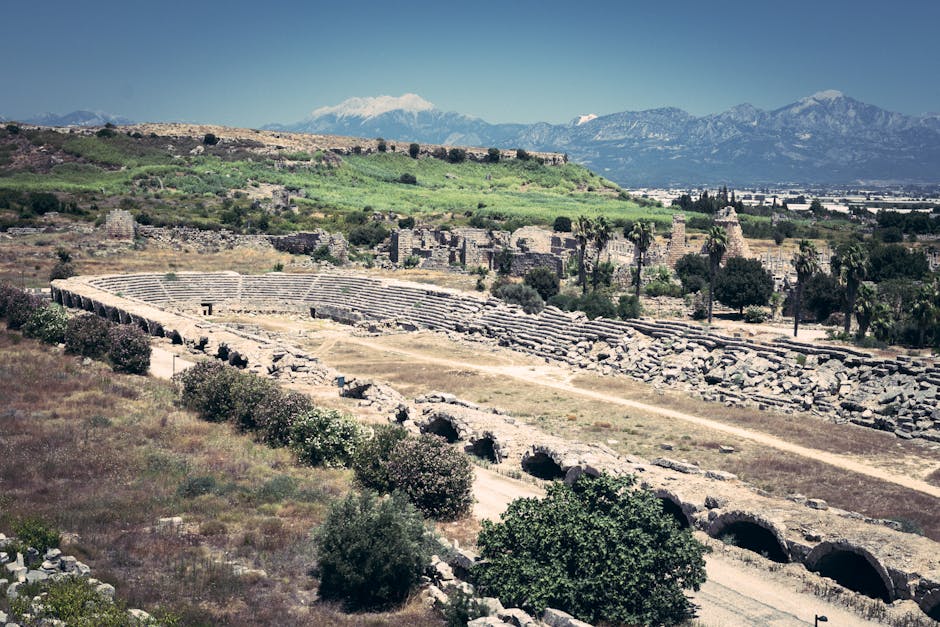Agricultural revolutions, initiated independently in various regions thousands of years ago, form a cornerstone of this influence. Mesopotamia’s development of irrigation systems and crop cultivation, along with the subsequent rise of settled communities, established a model for food production that persists to this day. The techniques and technologies developed in these early agricultural societies plowing, seed selection, and storage methods laid the groundwork for the intensification of farming practices that sustain our global population. Archaeological findings, including the remains of sophisticated irrigation canals and granaries, provide tangible evidence of these early achievements and their continuing relevance to modern agriculture.
Similarly, ancient civilizations’ contributions to political organization resonate deeply in contemporary governance. The Roman Empire, with its intricate system of laws, administration, and infrastructure, left an enduring mark on Western legal systems and political thought. Concepts like representative government, codified law (as exemplified by the Twelve Tables), and bureaucratic structures have their roots in Roman practices and continue to inform the functioning of many modern states. Archaeological excavations of Roman cities reveal the scale and complexity of their urban planning, providing insights into their social organization and governance models that are still studied by urban planners and political scientists. The legacy of Roman engineering, evident in the enduring aqueducts and roads, further underscores their lasting contribution to infrastructure development.
Beyond the practical, ancient civilizations deeply impacted our cultural landscape. Ancient Greece’s contributions to philosophy, art, and literature remain unparalleled. The ideals of democracy, developed in Athens, continue to inspire political movements and shape democratic institutions around the world. Greek mythology and philosophy, preserved through written texts and archaeological finds like sculptures and pottery, profoundly influence Western art, literature, and thought. Similarly, the philosophical and religious traditions of ancient India and China, with their rich tapestry of spiritual thought and ethical systems, have profoundly shaped Eastern cultures and have, increasingly, contributed to global philosophical dialogues.
Technological innovations of past civilizations also continue to impact our lives. The invention of the wheel in Mesopotamia, a pivotal moment in human history, revolutionized transportation and spurred technological advancements for millennia. The development of writing systems, independently in several parts of the world, provided a means of recording and transmitting knowledge across generations. The cuneiform script of Mesopotamia, the hieroglyphs of Egypt, and the Chinese characters all stand as testament to human ingenuity and its enduring impact on communication. The study of these ancient writing systems, often facilitated by archaeological discoveries of inscribed tablets and papyri, not only allows us to understand past societies but also provides insights into the evolution of language and communication technologies.
However, the legacy of past civilizations is not solely positive. The study of ancient societies reveals a complex history marked by conflict, oppression, and environmental degradation. The rise and fall of empires underscore the fragility of political structures and the challenges of maintaining social order. The environmental impact of some ancient civilizations, such as deforestation and soil erosion, serves as a stark warning for contemporary environmental challenges. Archaeological evidence, like the abandoned cities of the Indus Valley Civilization or the depleted forests around ancient Roman settlements, underscores the long-term consequences of unsustainable practices. This understanding offers valuable lessons for addressing current ecological crises and developing sustainable practices for the future.
Furthermore, the legacies of past civilizations are not uniformly distributed. The narratives of dominant empires often overshadow the experiences of marginalized groups, leading to incomplete and biased understandings of history. Archaeology, through careful excavation and analysis, is increasingly working to correct these imbalances, uncovering the voices and experiences of women, enslaved peoples, and other marginalized communities. This approach expands our understanding of past societies and allows for a more nuanced and inclusive appreciation of their contributions and challenges.
In conclusion, the impact of past civilizations on modern society is pervasive and multifaceted. From the foundations of agriculture and political systems to the development of writing and technology, ancient societies have bequeathed a rich legacy that shapes our world. However, understanding this legacy requires a critical and comprehensive approach, one that acknowledges both the positive contributions and the negative consequences of past societies. The ongoing work of historians and archaeologists, through their meticulous research and careful interpretation of archaeological evidence, continues to reveal the complex and enduring influence of these past civilizations, offering invaluable insights into the human experience and its evolution. This continuous exploration provides essential tools for navigating the complexities of the modern world and building a more sustainable and equitable future.
